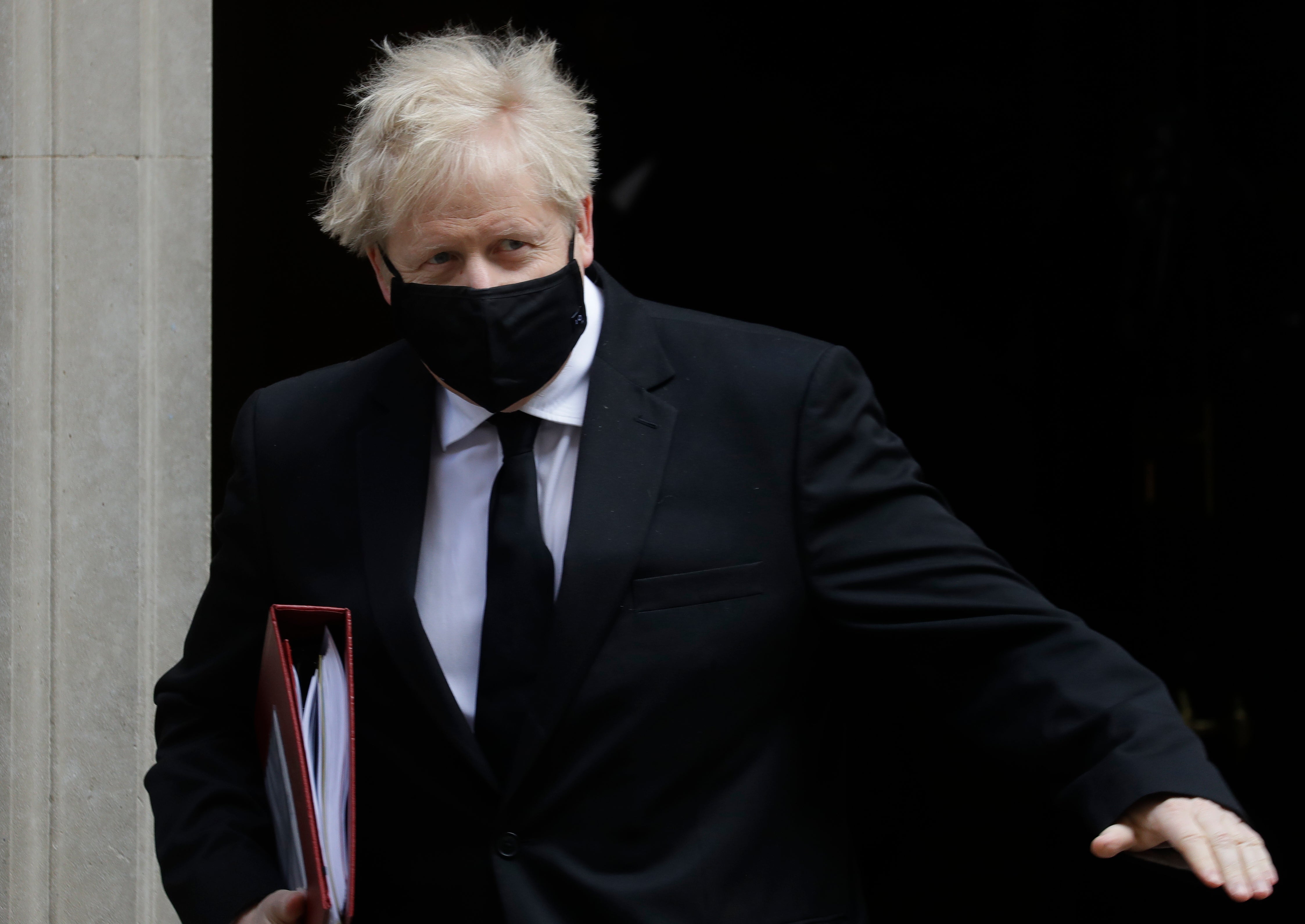Labour is right to demand a full explanation after Dominic Cummings’ allegations
Editorial: The prime minister’s former chief adviser has added to the list of charges against Boris Johnson

It has come to something when Dominic Cummings, the author of the “eye test” defence for interpreting lockdown rules to suit himself, accuses the prime minister of falling “below the standards of competence and integrity the country deserves”.
We must of course take Mr Cummings’ lecture addressed to his former boss about standards of conduct in public life with a generous side-helping of scepticism, but it is hard to disagree with the central thrust of his criticism, namely that Boris Johnson takes a casual approach to such matters.
Equally, Dominic Grieve, the former attorney general, is hardly a disinterested observer, having been expelled from the parliamentary Conservative Party by Mr Johnson. But again, it is hard to disagree strenuously with his comment to the BBC that the prime minister is a “vacuum of integrity”.
The charge sheet against Mr Johnson was long and various before Mr Cummings added to it in a dramatic blog post on Friday night. As London mayor, Mr Johnson was accused of arranging for Jennifer Arcuri, a friend of his, to benefit from trips funded by public money. As prime minister he embarrassed the Queen by asking her to suspend parliament for reasons other than those given; he has been insouciant about the UK’s obligations under international law; and now Mr Cummings says that he hoped to fund his fiancee’s expensive redecoration of the prime minister’s flat in Downing Street by secret donations.
It is not much of a defence – although it is currently a popular one – that Mr Johnson did not go ahead with the plan. That might be called the David Cameron excuse, after the former prime minister argued that he had done nothing wrong in lobbying the government on behalf of Greensill Capital, in secret, because he had been unsuccessful. Or, as he put it, “my interventions did not lead to a change in the government’s approach”.
Mr Johnson might argue, similarly, that he wanted to do something underhand and illegal, but Mr Cummings wouldn’t help him and so he decided not to. On Friday, the government announced that the prime minister had himself paid for the excess cost of the renovation – the amount above the £30,000-a-year allowance granted to all recent prime ministers.
The picture painted by Mr Cummings, of a prime minister wondering aloud if “we could get the cabinet secretary to stop” a leak inquiry because it might identify a political adviser who was “best friends” with his fiancee, is not an edifying one.
In the end, it is not enough to rely on the personal integrity of ministers, or of the prime minister. Rules have been laid down over the decades to constrain politicians. The civil service still retains a culture of respecting the public interest – indeed it may be that the recent spate of leaks of questionable lobbying reflects the strength of that culture.
The Labour opposition is right to demand a fuller exposition of such matters than has been forthcoming so far. It may be that the Cameron excuse holds: that no damage was done because Mr Johnson was unsuccessful in procuring secret donations to pay for his fiancee’s expensive tastes. But that the prime minister ever entertained the idea is proof of the need for vigilance.



Join our commenting forum
Join thought-provoking conversations, follow other Independent readers and see their replies
5Comments